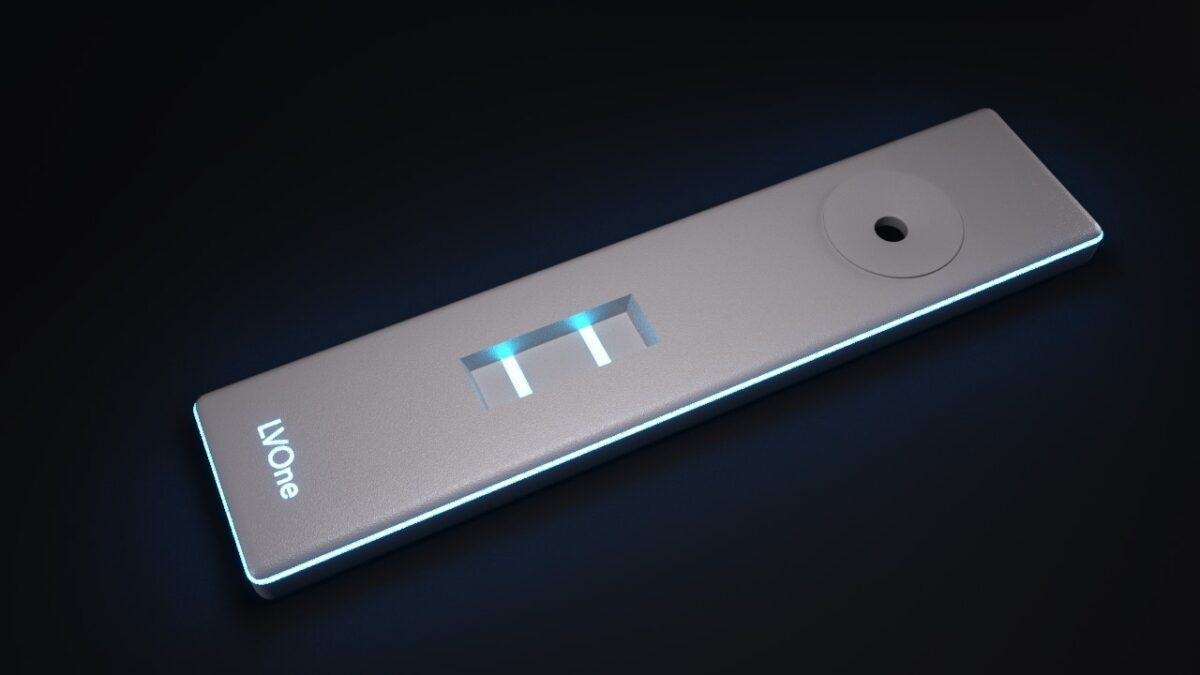World’s First Rapid Diagnostic Test Detects Stroke within Minutes at POC
Posted on 19 Jul 2024
Each year, more than 20 million people worldwide suffer from strokes. Large vessel occlusions (LVO) constitute 30% of these cases but are behind 95% of the resulting disabilities and fatalities. The likelihood of recovery improves significantly if a procedure known as 'thrombectomy' is performed immediately after the onset of symptoms. However, speeding up this treatment is complicated because it's difficult to identify LVO strokes outside hospital settings; symptoms can mimic other medical issues. Strokes can also result from blockages in smaller vessels or vessel ruptures, neither of which are suitable for thrombectomy. Ideally, LVO strokes need to be diagnosed quickly and before the patient arrives at the hospital to speed up the initiation of thrombectomy. Currently, there is no sufficiently accurate diagnostic tool for this purpose. Now, a groundbreaking diagnostic test can identify an LVO stroke within 15 minutes, expediting patient transfer to specialized care and saving more than 1 hour 30 minutes over the current clinical pathway.
The innovative LVOne test from UpFront Diagnostics (Cambridge, UK) employs a combination of blood-based biomarkers and clinical scoring to accurately detect patients undergoing an LVO stroke. The Testing for Identification Markers of strokE (TIME) clinical study has confirmed the efficacy of UpFront’s specific blood biomarkers GFAP and D-dimer, achieving 90% accuracy in identifying LVO strokes. This prospective, observational diagnostic accuracy study analyzed data from 323 patients suspected of stroke. It demonstrated that integrating GFAP and D-dimer biomarker levels with FAST-ED scores within six hours of symptom onset allows the LVOne test to achieve 93% specificity and 81% sensitivity in detecting LVO strokes. The test also successfully excluded all patients with brain hemorrhages, suggesting potential future applications in identifying intracerebral hemorrhages in the field.

Published in the open-access journal Stroke: Vascular and Interventional Neurology, these outstanding results build on previous UK clinical trials by UpFront Diagnostics, paving the way for pre-hospital identification of LVO stroke patients. Implementing this biomarker strategy in the field could significantly reduce the time to thrombectomy, lower disability risks, and the associated medical and social costs of strokes. Moreover, GFAP and D-dimer have emerged as leading biomarkers for LVO stroke detection in pre-hospital settings. The LVOne test holds great promise for future deployment in low- and middle-income countries where advanced imaging technologies may be unavailable. It might also find use in evaluating traumatic brain injuries. Future studies will test the LVOne device’s efficacy in ambulances and an interventional trial will explore its potential to streamline stroke patient triage by bypassing conventional imaging and proceeding directly to therapeutic interventions.
Related Links:
UpFront Diagnostics














